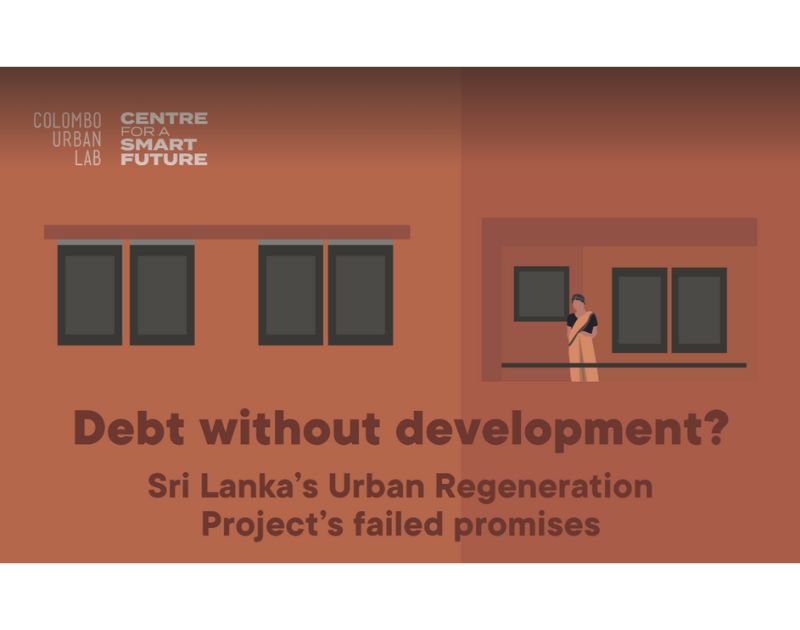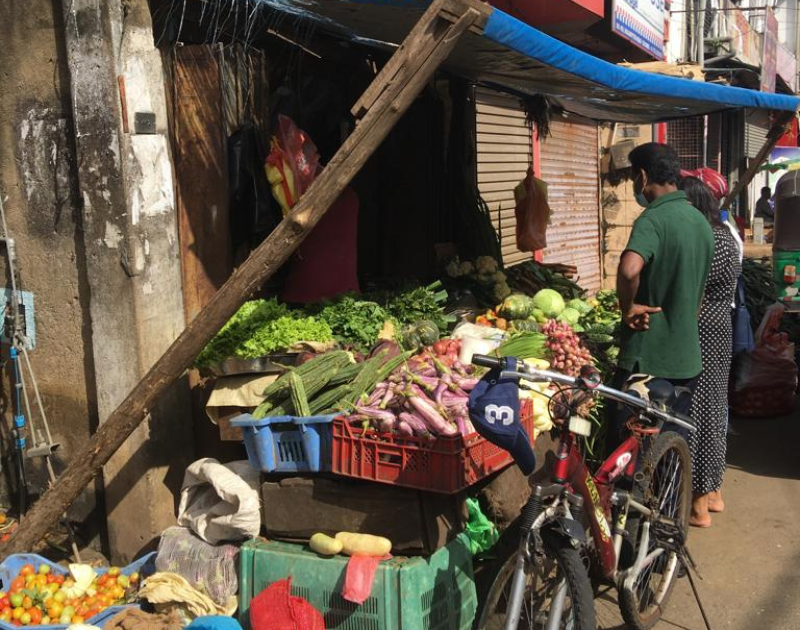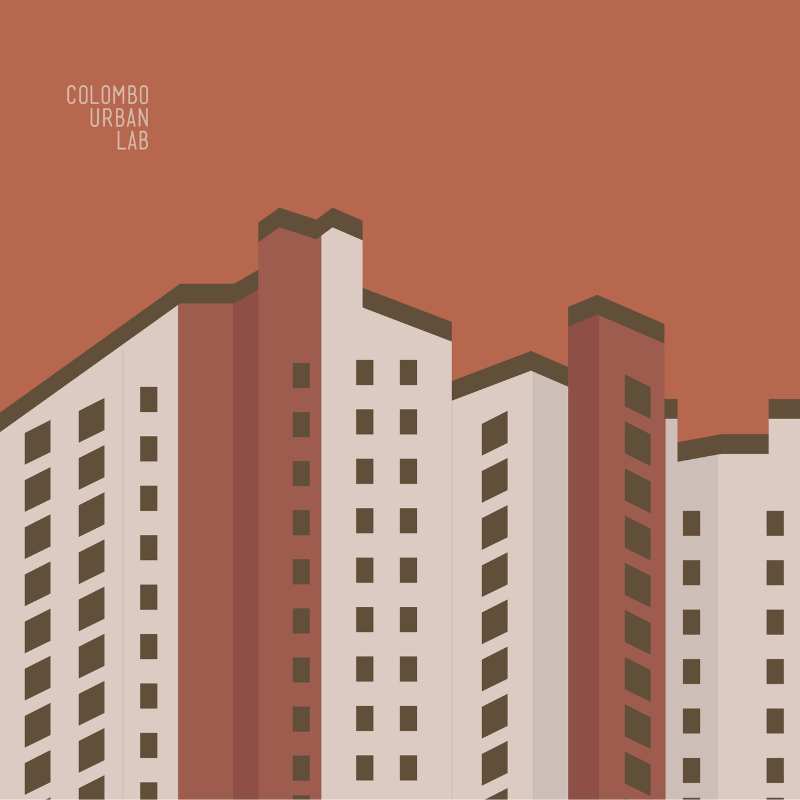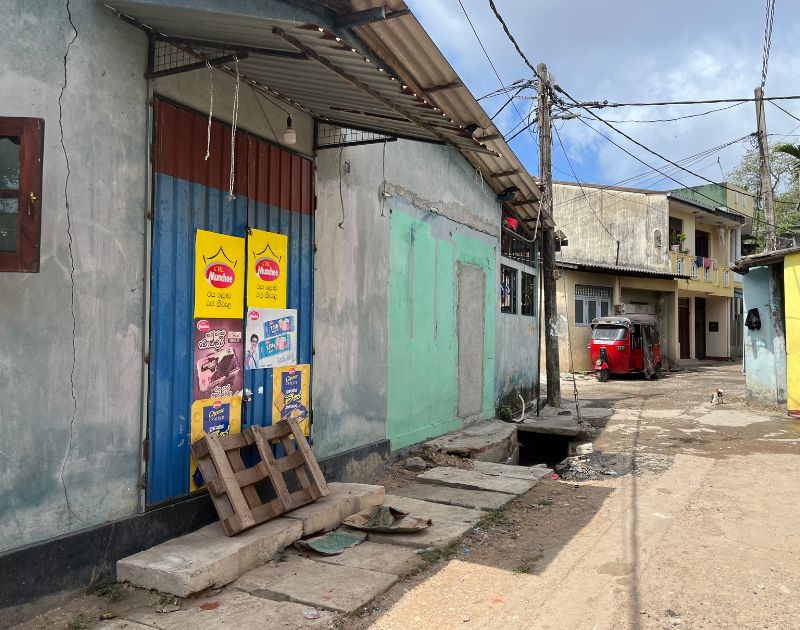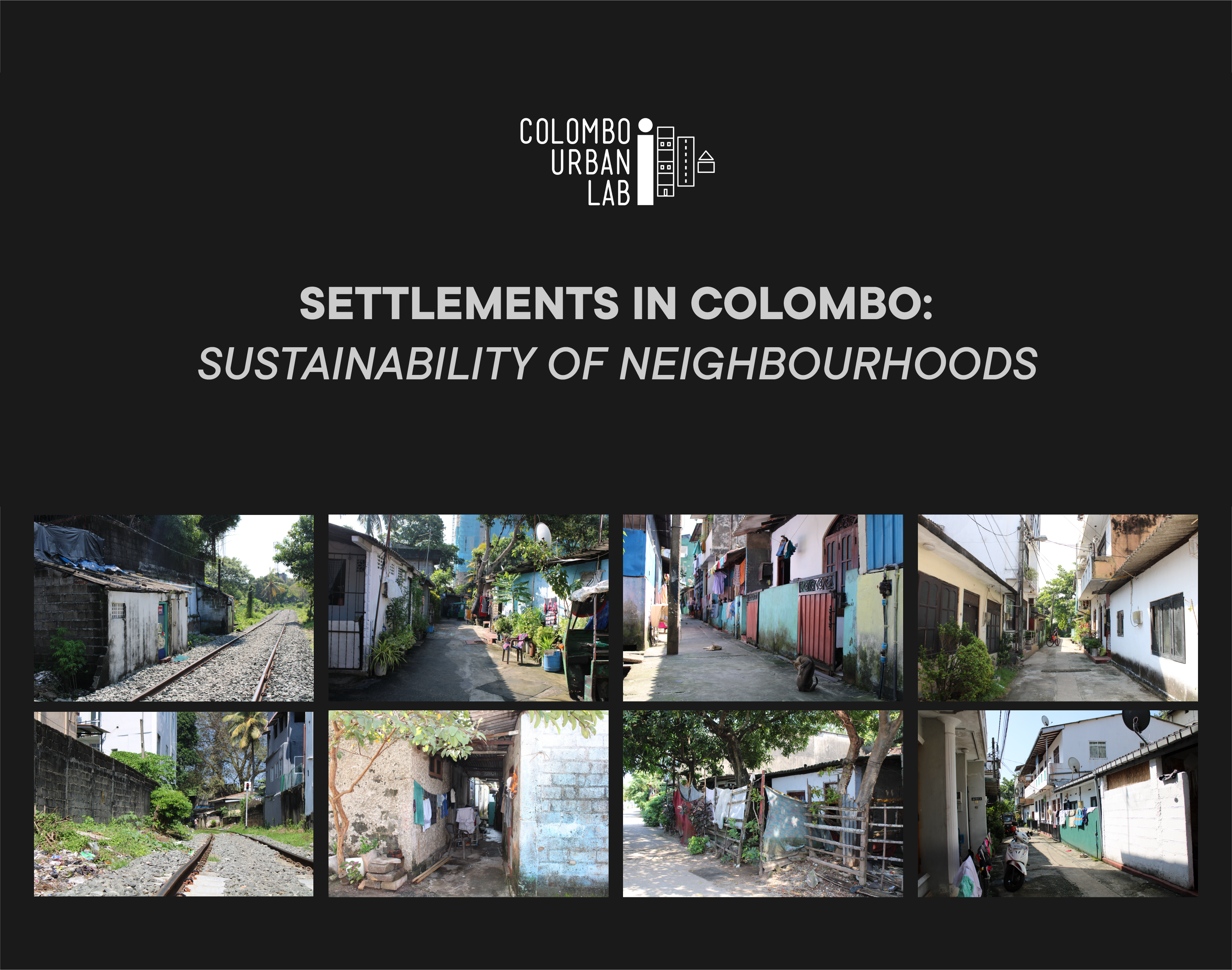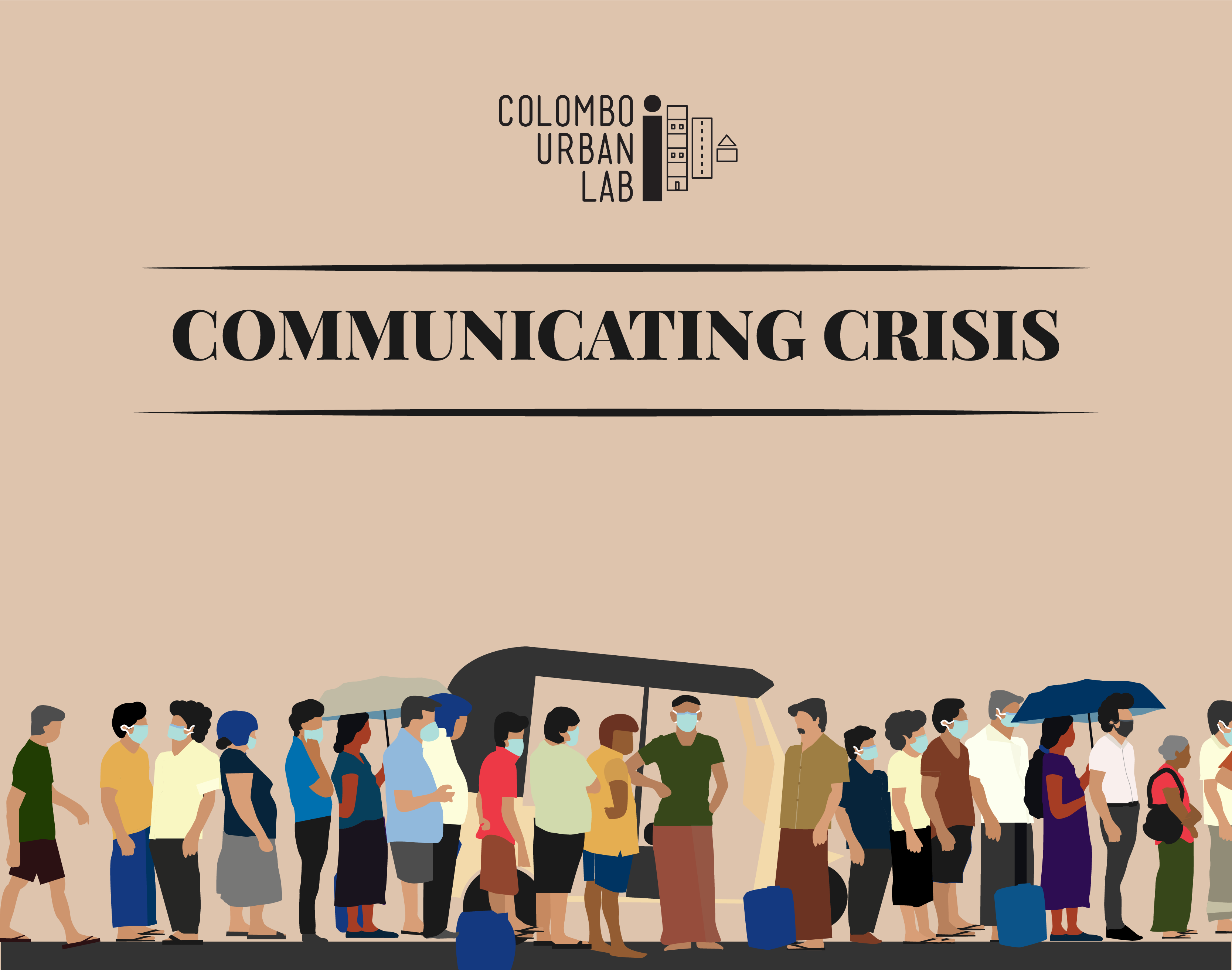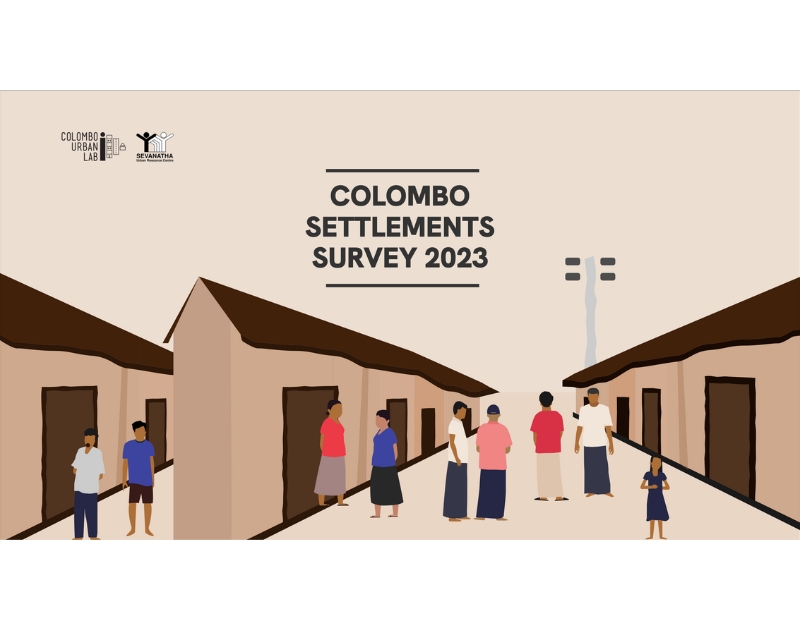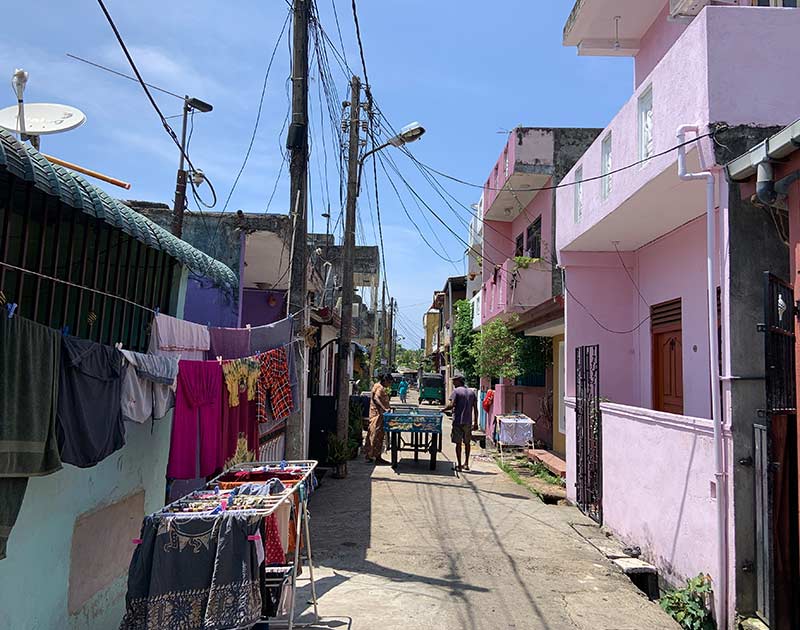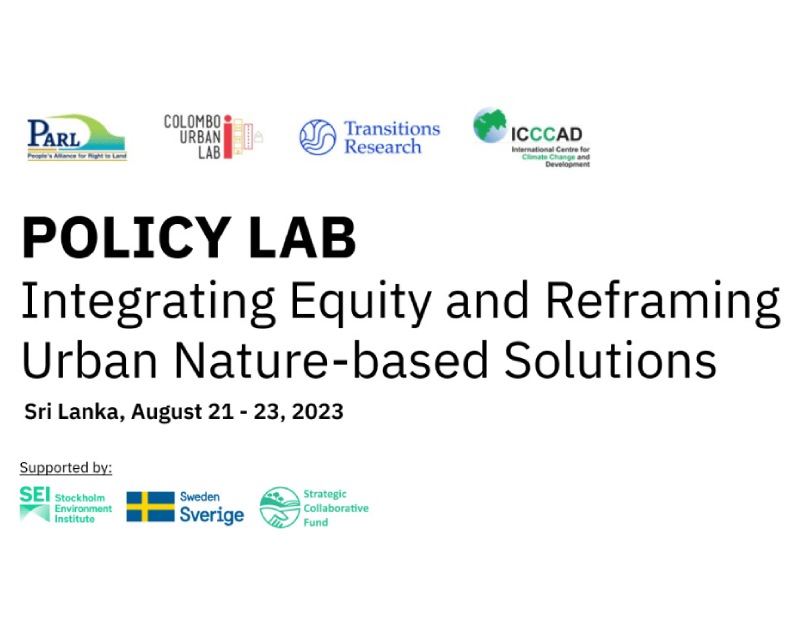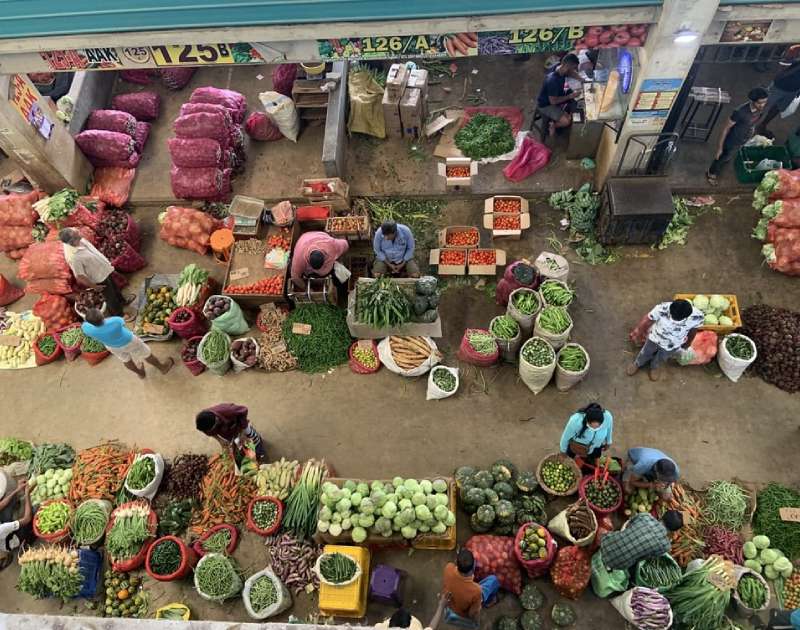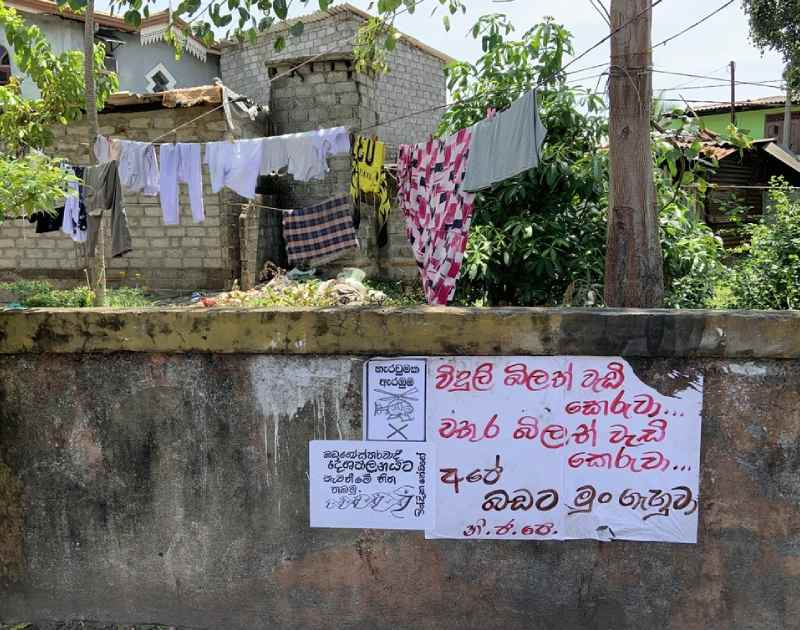AUGUST 16, 2023
Policy-Lab on ‘Integrating Equity and Reframing Urban NbS in South Asian Cities’
A two-day Policy-Lab in Colombo, Sri Lanka, on August 22-23, 2023, will focus on Nature-based Solutions (NbS) for South Asian cities, integrating equity and addressing unique challenges, with collaborations from Colombo Urban Lab, People's Alliance for Right to Land, Transitions Research, and International Centre for Climate Change and Development.
READ MORE

